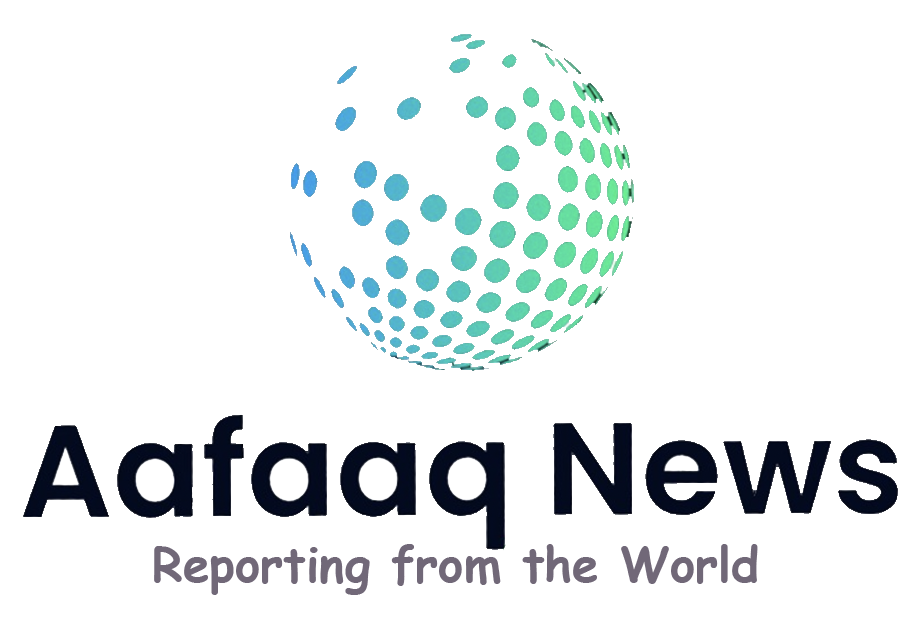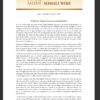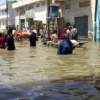Somalia has taken a significant step towards ending its complex system of indirect elections that has been in place since 1969. President Hassan Sheikh Mohamud, following his pledge in March to transition to a one-person, one-vote system, has reached an agreement with state leaders to implement direct voting. The reform aims to promote a multiparty political system that is independent and free from corruption. The move comes as Somalia continues to grapple with the challenges of conflict, an Islamist insurgency, and natural disasters, including a severe drought that has caused widespread hunger.
Since 1969, clan affiliations have been the organizing principle of Somali politics, with key positions such as speaker, prime minister, and president divided among the major clans. Lawmakers for the national parliament were selected by state legislatures and clan delegates, who then chose the president. However, clan rivalries have fueled strife and political disputes, which have been exploited by Al-Shabaab militants affiliated with Al-Qaeda.
On Thursday, Somalia conducted its first local elections by universal suffrage since 1969 in the semi-autonomous state of Puntland. The United Nations, the African Union, and neighboring governments hailed this as a historic vote, with hopes that Puntland’s experience with direct elections will inspire the expansion of democracy across the country.
Following four days of meetings by the National Consultative Forum, which included President Mohamud, Prime Minister Hamza Abdi Barre, and federal state leaders, an agreement was reached for nationwide universal suffrage. The agreement also includes the implementation of a single presidential ticket, allowing voters to choose a president and vice-president directly, thereby eliminating the position of prime minister.
President Mohamud, who won a second term in May 2022 after a prolonged political crisis, has expressed his vision for a brighter future for Somalia, emphasizing that clan politics are not relevant to national politics. He aims to address various challenges faced by the nation, including the threat of Al-Shabaab, inflation, and the worsening drought. The transition to direct voting represents a significant milestone in Somalia’s journey towards a more inclusive and democratic political system.











